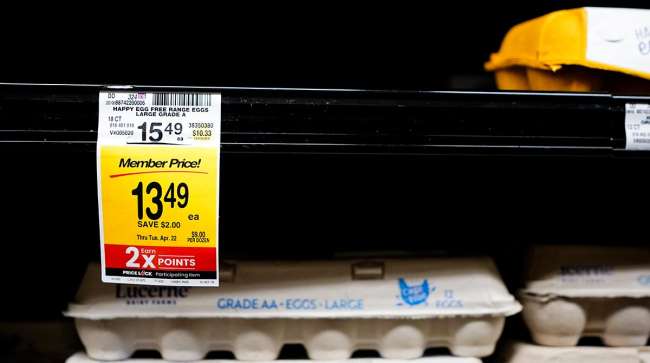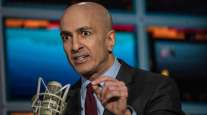Inflation Rose 3% in January on Sticky Price Pressures

[Stay on top of transportation news: Get TTNews in your inbox.]
WASHINGTON — U.S. inflation accelerated last month as the cost of groceries, gas, and used cars rose, a trend that will likely underscore the Federal Reserve’s resolve to delay any further interest rate cuts.
The consumer price index increased 3% in January from a year ago, the Feb. 12 report from the Labor Department showed, up from 2.9% the previous month.
It has increased from a 3½-year low of 2.4% in September.
The figures underscore the stickiness of inflation, which created a major political problem for former President Joe Biden.
CPI for all items rises 0.5% in January; shelter up #BLSData https://t.co/dJyJeKlXDJ — BLS-Labor Statistics (@BLS_gov) February 12, 2025
President Donald Trump pledged to reduce prices in last year’s campaign, though most economists worry that his many proposed tariffs could at least temporarily increase costs.
Later Feb. 12, Federal Reserve Chair Jerome Powell will testify before the House Financial Services Committee, where he will likely be asked about inflation and the Fed’s response to it. The Fed raised its benchmark rate in 2022 and 2023 to a two-decade high of 5.3% to combat inflation. With inflation down significantly from its 9.1% peak in June 2022, it cut its rate to about 4.3% in its final three meetings last year.
Breakdown of core CPI shows shelter and transportation services are the biggest contributors to this month's increase. pic.twitter.com/13PDKIFYu6 — Kathy Jones (@KathyJones) February 12, 2025
Fed officials are mostly confident that inflation over time will head lower, but they want to see further evidence that it is declining before cutting their key rate any further. The Fed’s rate typically influences other borrowing costs for things like mortgages, auto loans, and credit cards.
Want more news? Listen to today's daily briefing below or go here for more info:




